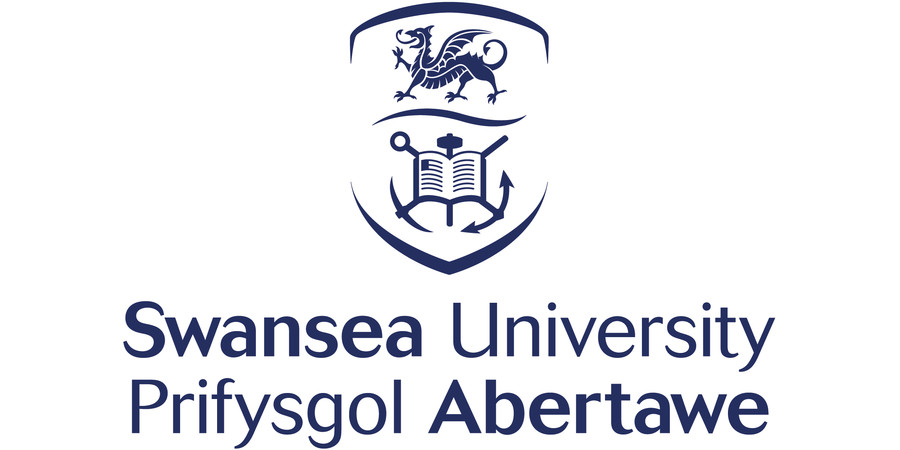Computational Engineering: Fully Funded EPSRC Studentship-AI Accelerated Discontinuous Galerkin Solver for Boltzmann-BGK Equation for Rarefied, Hypersonic Flows
Swansea University - Computational Engineering; Gas dynamics; High-performance Computing
| Qualification Type: | PhD |
|---|---|
| Location: | Swansea |
| Funding for: | UK Students |
| Funding amount: | £20,780 for 2025/26 |
| Hours: | Full Time |
| Placed On: | 14th May 2025 |
|---|---|
| Closes: | 2nd June 2025 |
| Reference: | RS817 |
This PhD project will focus on developing AI-based methods to accelerate the Swansea University in-house discontinuous Galerkin (DG) finite element solver for the Boltzmann-BGK (BBGK) equation (developed by B.J. Evans, O. Hassan and K. Morgan). This solver directly solves the Boltzmann-BGK model equation for the velocity distribution function, which is a fundamental quantity in rarefied gas dynamics and statistical physics. The BBGK equation is the governing equation for hypersonic, rarefied flow problems in aerospace and microfluidics, where the continuum and equilibrium assumptions of Navier-Stokes equation are not eligible. Solving the BBGK equation is extremely challenging due to the high computational cost originated from its high-dimensionality. As a deterministic method, the potential of a DG method for solving the hyperbolic BBGK equation has not yet been fully exploited by the rarefied gas dynamics community which continues to rely heavily on the costly direct simulation Monte Carlo (DSMC) method. To date there are few practical 3D solvers that address a direct solution of the Boltzmann-BGK equation.
The project aims to integrate AI accelerated approaches, including but not limited to machine learning and deep neural networks, into the DG finite element solver to reduce computational costs while maintaining the accuracy. The key objective of this work will be to provide step-change solver acceleration using the developed techniques to enhance the efficiency of Swansea’s in-house DG-BBGK solver. The student will further develop this world leading solver, performing numerical studies of DG finite element methods and kinetic theories of rarefied gas dynamics, taking advantage of supercomputing resources at facilities based in Swansea, in the United Kingdom, and overseas. The student will also have the opportunity to participate activities in the wider PGR research community within the Zienkiewicz Institute (ZI) for Data, AI and Modelling including HPC training sessions, the ZI research seminar series as well as financial support for attending international conferences. This project is expected to lead to collaborative research opportunities with our industry partners across the UK aerospace sector.
Funding Comment
This scholarship covers the full cost of tuition fees and an annual stipend at UKRI rate (currently £20,780 for 2025/26).
Additional research expenses of up to £1,000 per year will also be available.
Advert information
Type / Role:
Subject Area(s):
Location(s):









